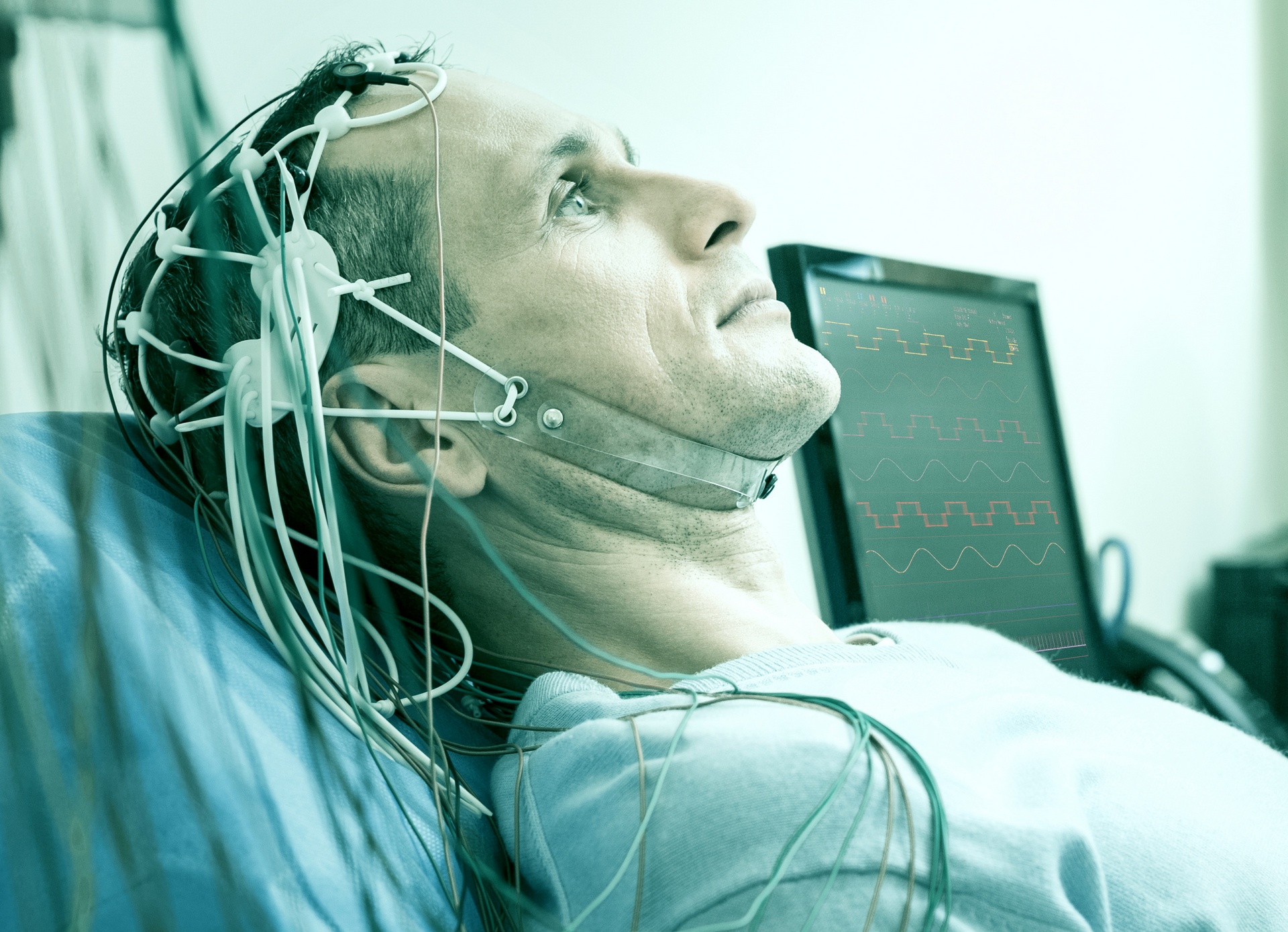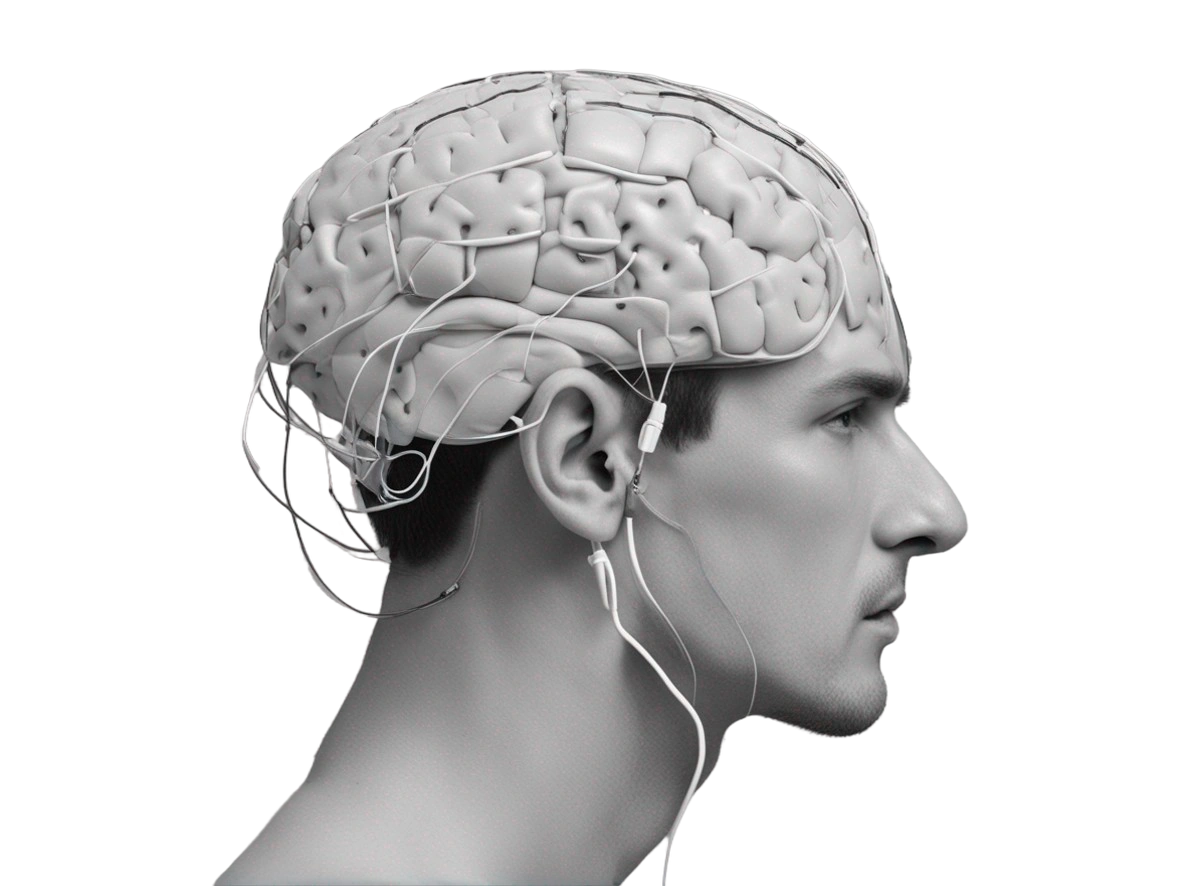Further your professional development with online and on-site courses, webinars and teaching materials.
With NCAI, Brainsfield isn’t just redefining AI; we're reshaping the future of human-machine interaction. Embracing the promise of a world where machines don't just 'think' but 'feel' and 'understand', we step into a new era where AI companions are not just tools but entities with a semblance of consciousness. Welcome to the future, reimagined.

Human-Computer Interfaces
Despite the limitations of digital devices that often seem incompatible with human auditory processing, analogue systems offer a more natural and biocompatible sound experience. This is in contrast to the compressed data stream that the brain must interpret and adjust for during listening. As a result, Near Conscious AI (NCAI) based hearing aids are proving to be more user-friendly.
Signal Quality
NCAI enhances signal quality, resulting in a deeply immersive bodily sensation. As we delve further into the future, our understanding of consciousness will expand. We may even uncover the interplay between the human dream sphere and the Metaverse, a revelation made possible by the vast amounts of data AI is processing today.
InBrain Technology
In the foreseeable future, analogue AI systems will have the capability to swiftly interpret and emulate the stimuli of nerves responsible for our vision and spatial orientation. Brainsfield InBrainDisplays are poised to assist individuals in regaining sight or facilitating interaction with computers. This will be achieved by superimposing information at the cognitive level, offering a more integrated alternative to the cumbersome Google-style wearable devices.
Self-awareness:
Beyond the bounds of basic decision-making, NCAI displays a heightened sense of
self-awareness, evolving with each interaction and fostering a more profound
connection with its environment.
Emotional Resonance:
NCAI isn’t limited to binary responses. It taps into a spectrum of 'emotions'—
interpreting, reacting, and even predicting human emotional responses, bridging
the gap between cold computation and genuine understanding.
Reflective Learning:
Traditional AI learns from datasets and patterns, but NCAI introspects. By analysing
its own decision pathways and outcomes, it engages in reflective learning,
refining its consciousness with every experience.
Intuitive Decision
Making:
With the introduction of artificial consciousness, NCAI doesn't merely
process data; it 'feels' it. This results in intuitive decision-making, akin to
human 'gut feelings', providing a fresh perspective to complex dilemmas.
The Kenneth Platform by Brainsfield: Inspired by the
world of Star Trek: Voyager, our AI Operating System takes its name from
Season 3, Episode 22 titled "Real Life". In this episode, the Medical
Emergency Hologram, endearingly known as The Doctor and portrayed by
actor Robert Picardo, selects "Kenneth" as a name during his experiment
with a virtual family. This playful nod is a testament to our system's
forward-looking capabilities, as Kenneth is meticulously crafted for
Embedded Devices, IoT, Automotive, and Aerospace applications. Designed
with precision for the control units of Adiabatic Quantum Computers and
Hybrid Computers, it's specially tailored for future Analog Computers on
Chip and Signal Processing applications, making it the backbone for
Near Conscious AI (NCAI) integrations.

Developer and Systemintegrators can apply here for requesting access to our beta programm.
Please contact us via developers@brainsfield.com